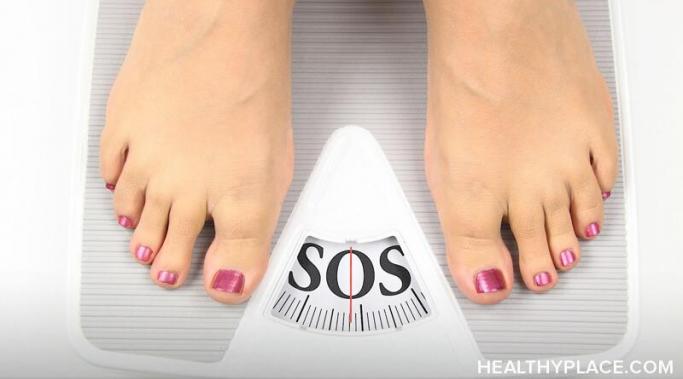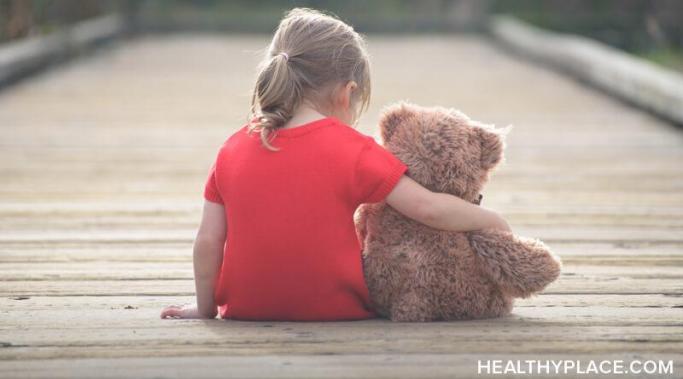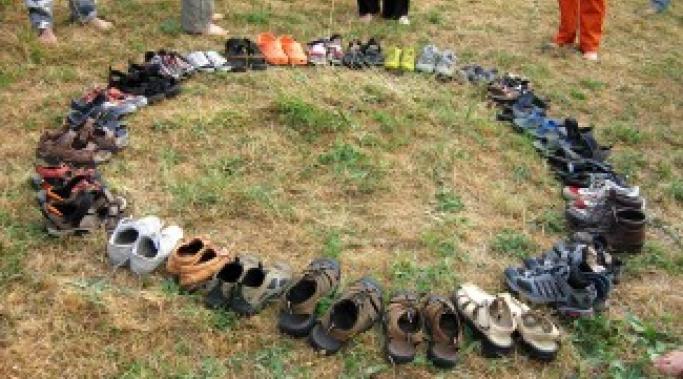There is a vicious, rampant correlation between eating disorders and bullying—the epidemic is real, and children of all ages can be vulnerable to the mental and physical ramifications. In the United States alone, 65 percent of those with eating disorders have reported that incidents of bullying caused their behaviors to manifest, and 40 percent of children or adolescents are mocked by their peers for weight-related issues.1 This data, compiled by the National Eating Disorders Association (NEDA), also notes that when bullying occurs, a victimized person will often experience bouts of insecurity, poor self-esteem, body image distortion, and an urge to numb the painful emotions. So in order to protect children from these adverse effects, it's crucial to understand the epidemic scale of eating disorders and bullying.
Friendships
Culturally, eating disorders are often associated with young teenagers who don't know exactly how to cope with their developing bodies or fluctuating dynamics in their families and peer groups. But as teens become older and transition from high school to the broader world of a university campus, they can be even more susceptible to disordered eating behaviors. The risk of eating disorders in college students has continued to escalate these past several years, and there are multiple reasons behind the persistence of this issue.
As if this illness was not destructive enough already, a harrowing trend has developed in recent years, whereby the presence of eating disorders in young children has become more and more rampant. In fact, the number of children under the age of 12 who exhibit symptoms of an eating disorder has risen to the extent that anorexia and bulimia are now more common pediatric illnesses than type-2 diabetes. This is an alarming data point and combined with the reality that eating disorders are often undiagnosed or inadequately treated, this leaves many children at an increased risk for complications in both their physical growth and mental health as they become older. For this reason, it is crucial to understand how to identify the presence of eating disorders in young children, then to seek prompt and thorough intervention for them.
In the midst of my recovery process from anorexia and all the associated behaviors that came with it, I have often asked myself this recurring question: is there a connection between puberty and eating disorders? While I cannot speak for every person who has suffered from an eating disorder, on the basis of my own narrative, these two experiences are linked, and there are several reasons for this.
I have a slew of insights about understanding eating disorders for family and friends, but I often don't have the language to communicate it all. I suspect that I'm not alone in this predicament. My hunch is most people with disordered eating issues struggle to attach words to their experience. Because eating disorders are complex illnesses that oppress the body, mind and spirit, they are painful to discuss. And their secretive, withdrawn nature can make people on the outside feel confused, wounded or even angered. They might perceive the eating disorder sufferer's actions as callous, apathetic, disingenuous and selfish. But while eating disorders do perpetuate this kind of behavior, it's not indicative of the person's true character. Underneath that hard, stony facade is someone desperate to feel accepted and validated. So I need understanding--understanding about eating disorders from family and friends—and if you can relate, I encourage you to use these talking points with your loved ones too.
Building personal boundaries in eating disorder recovery helps to make the healing a priority. But when it comes to eating disorder recovery, how can you maintain effective personal boundaries, and why do those boundaries even matter in the first place? It's important to realize the purpose of having personal boundaries is not to prevent all relationships from nurturing—but to protect the safe relationships from becoming unhealthy. Constructing and asserting personal boundaries will equip you to prioritize eating disorder recovery while teaching the people you care about which behaviors toward you are appropriate and which should be re-evaluated.
It's important to show empathy to yourself and others in eating disorder recovery. It’s vital for our loved ones to be able to show empathy for us as we journey towards recovery. It’s also vital to be able to show empathy for ourselves because empathy will help to keep us in eating disorder recovery. Here’s how to show empathy to yourself and others in eating disorder recovery.
There are important things you don’t know about eating disorders because for many people, eating disorders are a mystery. If you’ve never had one, you may struggle to come up with anything about them. I’ve heard people fumble, “It’s when you don’t eat or think you’re fat right?” Yes and no. Eating disorders are multifaceted. They’re a mental illness many people can struggle with for life. Here’s one important thing you don’t know about eating disorders.
How do you talk to someone with disordered eating around the holidays? The holiday season is a time of gathering and lots of food. The average person may complain of overindulging and gaining some turkey or pie weight. But for the person with an eating disorder, the joy of the holidays can be a time filled with anxiety (Surviving [and Thriving] During the Holidays With An Eating Disorder). Food is a part of celebration but for those with disordered eating, it can be difficult to maintain stability or stay on the recovery path. Added to that stress are the dreaded looks or awkward questions of friends and family members. Here’s how to be a supportive person and talk with someone with disordered during the holiday celebrations.
We recover in community. We may think that our eating disorders, or addictions, separate us from others (Never Alone: Overcoming the Loneliness of Eating Disorders). We may think that no one understands, that we’re unique in our “specialness,” or our suffering. Then we enter therapy, a facility, or a group, and we begin to see that we’re not as unique as we thought. Our “special” form of suffering is shared by others, and guess what, they understand us. They don’t just try to listen and sympathize. They actually understand us because they’ve gone through the same things. One of the key factors in eating disorder recovery is connection to others, because we recover in community. Here’s three ways to connect in recovery.









